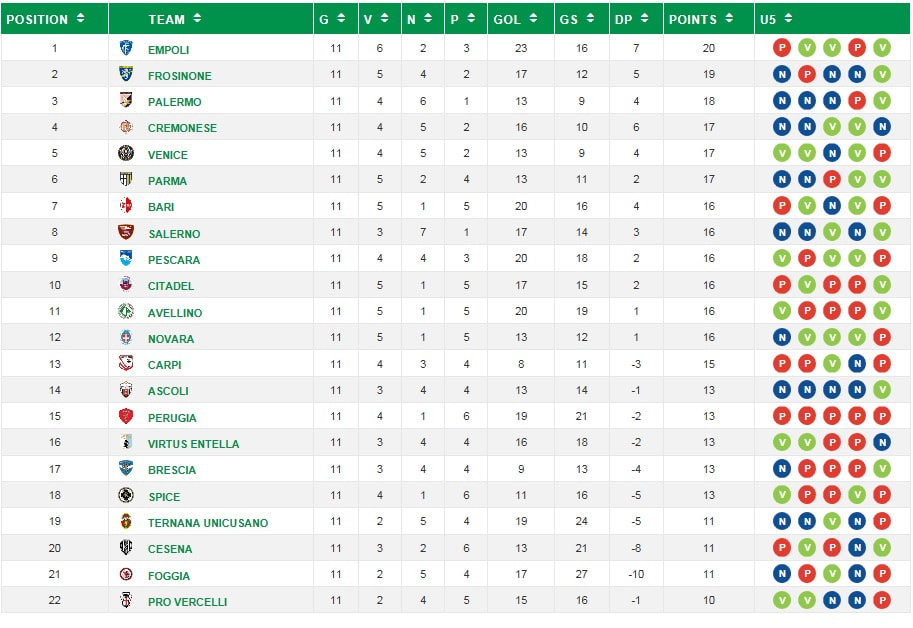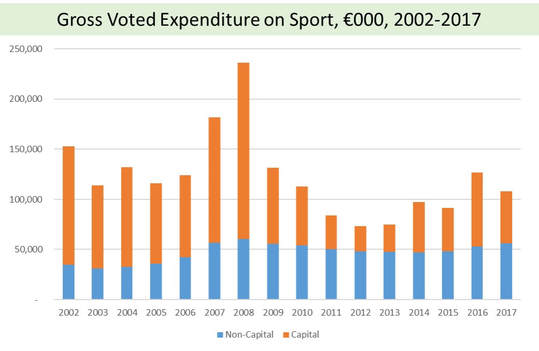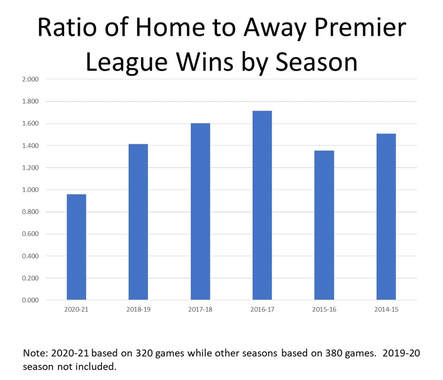The difference between correlation and causation is a key feature of both undergraduate and postgraduate courses on statistical methods in economics. Correlation is a statistical measure that describes the size and direction of a relationship between two or more variables. Causation indicates that one event is the result of the occurrence of the other event; i.e. there is a causal relationship between the two events. This is also referred to as cause and effect.
This summer, Alex Oxlade Chamberlain completed a £40 million transfer from Arsenal to Liverpool. The previous week, Chamberlain played 61 minutes for Arsenal in a 4-0 defeat to his new club. Oxlade Chamberlain failed to endear himself to Arsenal fans when he stated in his first press conference “we're in good form going into the Man City game after beating Arsenal 4-0 last week”. That game would finish 5-0 to Man City and was the beginning of a series of poor results by Liverpool which much of the blame being placed at the feet of their new arrival. As such, it may be worth digging a little deeper to see if there is any foundation to these accusations.
Table 1 shows the win percentage of each club pre and post transfer of Oxlade Chamberlain.
 Table 1 Win (%) Pre and Post Transfer of Oxlade Chamberlain
Table 1 Win (%) Pre and Post Transfer of Oxlade Chamberlain Liverpool were undefeated for the opening three games of the season, picking up seven points from a possible nine (2W 1D). Following the arrival of Oxlade-Chamberlain on a £40million transfer from Arsenal, the Reds have picked up just six points from a possible 18 (1W, 3D, 2L). Alternatively, Arsenal picked up just one win from their opening three games (1W, 2L), including a 4-0 humiliation against Liverpool. However, since the departure of Oxlade Chamberlain the Gunners won five out of their next six Premier League matches (5W, 1L).
Table 2 shows the correlation coefficient between minutes played by Oxlade Chamberlain and overall points picked up by his club.
 Table 2 Correlation Coefficient between Oxlade Chamberlain’s Minutes Played and Points Won
Table 2 Correlation Coefficient between Oxlade Chamberlain’s Minutes Played and Points Won It is evident from Table 2 that a negative relationship is evident across each specification ranging from a weak negative relationship between Chamberlain’s total minutes across both clubs and overall points won (-0.158) to a strong negative relationship between Oxlade Chamberlain’s minutes played and points won by Liverpool (-0.694). However, we must be careful not to conclude that Oxlade Chamberlain is the cause of his team failing to pick up points, at least from this analysis.
Certainly other factors have been identified as potential causes of adverse results: both teams failure to resolve defensive issues, failings in the transfer market, star players attempting to leave which may have impacted morale. As such, further analysis and a larger dataset is required before we can make inferences to cause and effect. At this point, the only thing for certain is things have not gone according to plan for the Ox or Liverpool since his big money move to Merseyside.




 RSS Feed
RSS Feed